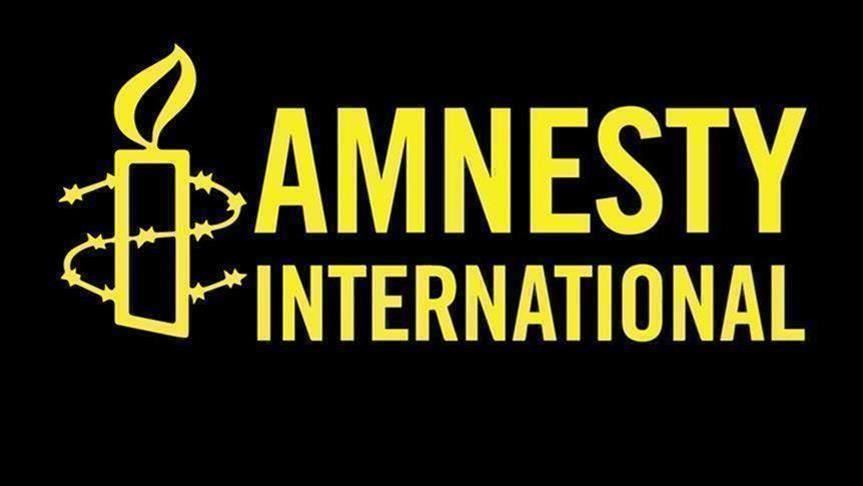Headline
NGO bill dangerous, oppressive, Amnesty International

Amnesty International has urged Nigerian lawmakers to reject the bill seeking to regulate the activities of non-governmental organizations in Nigeria. The organization, in a post on Twitter, on Friday, described the legislation, sponsored by Sada Soli (Katsina, APC), as dangerous and oppressive, and promised to vigorously oppose the bill.
According to Premium Times, Amnesty stated that the bill is intended to “violate Nigerians’ human rights and gag civil society in the country.” “Amnesty International calls on the members of Nigeria’s House of Representatives to immediately reject the dangerous and oppressive bill reintroduced by Sada Soli (APC-Katsina) to violate Nigerians’ human rights and suppress civil society in the country.
“Amnesty International is concerned that rather than passing laws that would guarantee and ensure the social and economic rights of the people, Nigerian lawmakers are pushing to take away human rights, contrary to the Nigerian Constitution 1999 (as amended) @Speaker_Abbas @HouseNGR,” the post reads.
Also, Amnesty International stated that the bill poses a “direct and serious threat to human rights and would exacerbate restriction of civic space, the rights to freedom of expression, assembly and association as well as media freedom in Nigeria.
There has been introduction of the bill, which seeks to create an agency to regulate the activities of NGOs operating in the country. The bill was debated on Thursday and postponed to next week after some members of the House raised an alarm that they were yet to see the content of the bill. Subsequently, Speaker Abbas Tajudeen asked the bill to be stepped down so that members could read the content of the bill and adequately participate in the debate.
Over the years, the National Assembly has made repeated attempts to pass the bill despite uproar by members of civil society organizations in the country. Activists have vehemently opposed the introduction of the NGO bill in Nigeria, viewing it as a threat to civil society and human rights. Their resistance is rooted in concerns that the legislation if passed, could undermine the vital work of non-governmental organizations (NGOs) by imposing restrictive regulations.
The activists argue that the bill poses a risk to human rights, creating a platform for potential abuse and suppression of civil society activities. Despite repeated attempts by the National Assembly to pass the bill, these activists have consistently mobilized and raised awareness, and social and grassroots efforts to thwart its progression.




 Davido's Net Worth & Lifestyle
Davido's Net Worth & Lifestyle 
